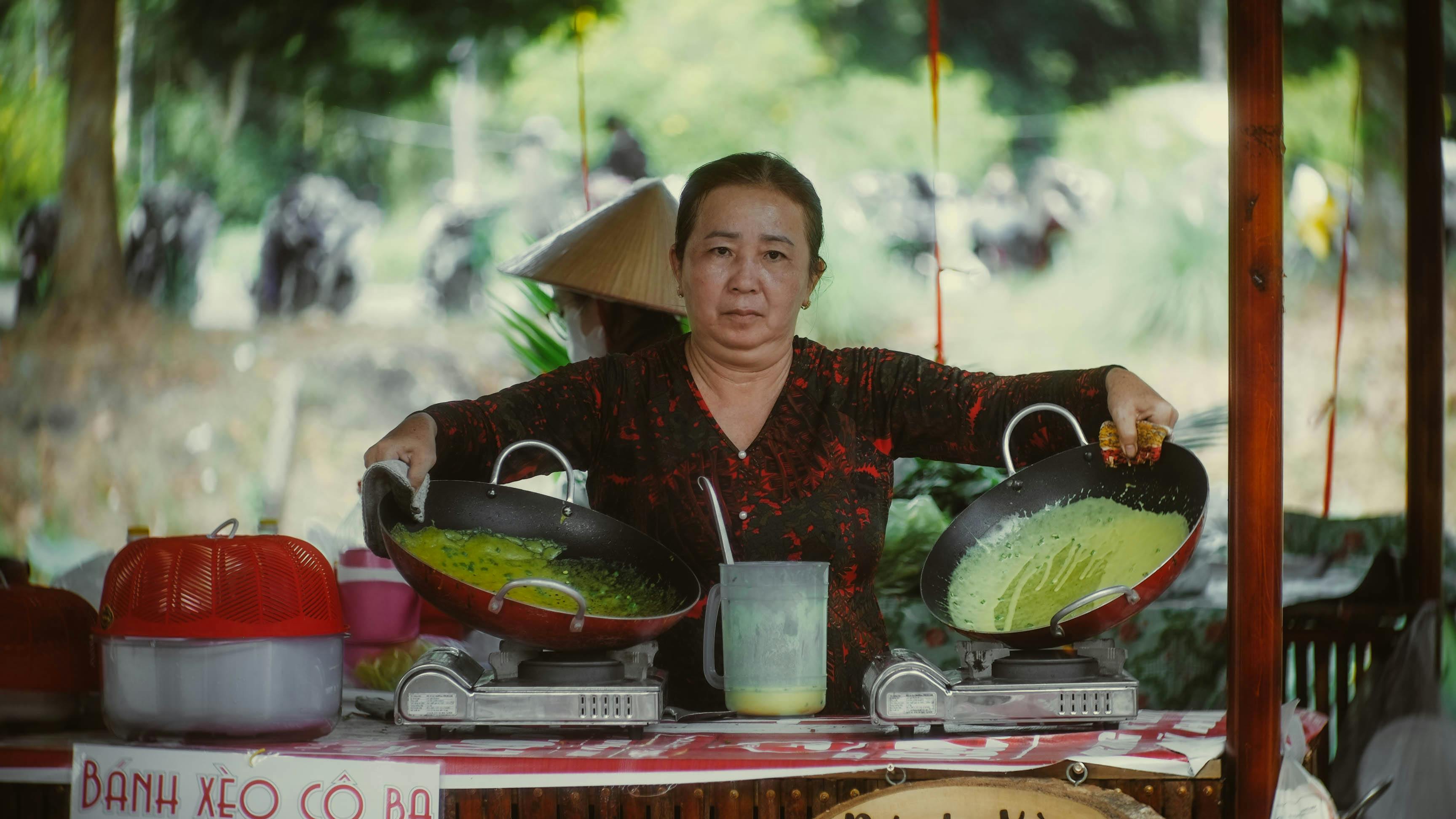Culinary Fusion as Cultural Diplomacy
The gastronomic landscape is witnessing a remarkable trend where food serves as a powerful tool for cultural exchange and social cohesion. Culinary fusion, once a niche concept, has evolved into a dynamic force shaping intercultural understanding and fostering global connections. This article delves into the sociological implications of fusion cuisine, exploring how it reflects and influences societal shifts in an increasingly interconnected world. Read below to discover how the blending of flavors is stirring up more than just taste buds.

Beyond the Plate: Social Implications of Fusion Cuisine
The rise of fusion cuisine reflects broader societal trends towards multiculturalism and inclusivity. As communities become more diverse, the food landscape adapts, creating spaces where different culinary traditions can coexist and intermingle. This gastronomic melting pot serves as a microcosm of social integration, where flavors and techniques from various cultures are respected, celebrated, and reimagined. Sociologists observe that the acceptance and popularity of fusion cuisine often correlate with a societys openness to cultural diversity and its willingness to embrace global influences.
Culinary Diplomacy: Building Bridges Through Food
Food has long been recognized as a universal language, capable of transcending linguistic and cultural barriers. In recent years, the concept of culinary diplomacy has gained traction among policymakers and social scientists. This approach leverages the power of cuisine to foster cross-cultural understanding and improve international relations. Fusion cuisine, in particular, plays a crucial role in this diplomatic effort by creating culinary experiences that resonate with multiple cultural identities simultaneously. By showcasing the harmonious blending of diverse culinary traditions, fusion cuisine becomes a tangible representation of cultural cooperation and mutual respect.
Identity and Authenticity in the Age of Fusion
The proliferation of fusion cuisine has sparked debates about cultural authenticity and identity. Critics argue that fusion can lead to the dilution of traditional culinary practices and the loss of cultural heritage. However, proponents view fusion as a natural evolution of cuisine, reflecting the dynamic nature of culture itself. Sociological research indicates that individuals navigating multiple cultural identities often find comfort and representation in fusion cuisine, which allows them to honor various aspects of their heritage simultaneously. This phenomenon highlights the complex relationship between food, identity, and belonging in multicultural societies.
Economic and Social Mobility Through Culinary Innovation
Fusion cuisine has opened up new avenues for economic opportunity and social mobility within the food industry. Innovative chefs and entrepreneurs from diverse backgrounds have found success by reimagining traditional dishes or creating entirely new culinary concepts that bridge multiple cultures. This trend has democratized the culinary landscape, allowing individuals to showcase their unique cultural perspectives and culinary skills. Sociologists note that the success of fusion restaurants and food products often serves as a barometer for a societys embrace of multiculturalism and its ability to create economic opportunities for immigrant communities.
The Future of Fusion: Sustainability and Social Responsibility
As fusion cuisine continues to evolve, it is increasingly intersecting with other important social trends, particularly sustainability and ethical consumption. Forward-thinking chefs and food innovators are exploring ways to combine culinary traditions while addressing global challenges such as food security and environmental conservation. This new wave of fusion focuses on utilizing local, sustainable ingredients and traditional preservation techniques from various cultures to create innovative, environmentally conscious dishes. By doing so, fusion cuisine is not only bridging cultural divides but also promoting a more sustainable and equitable food system.






